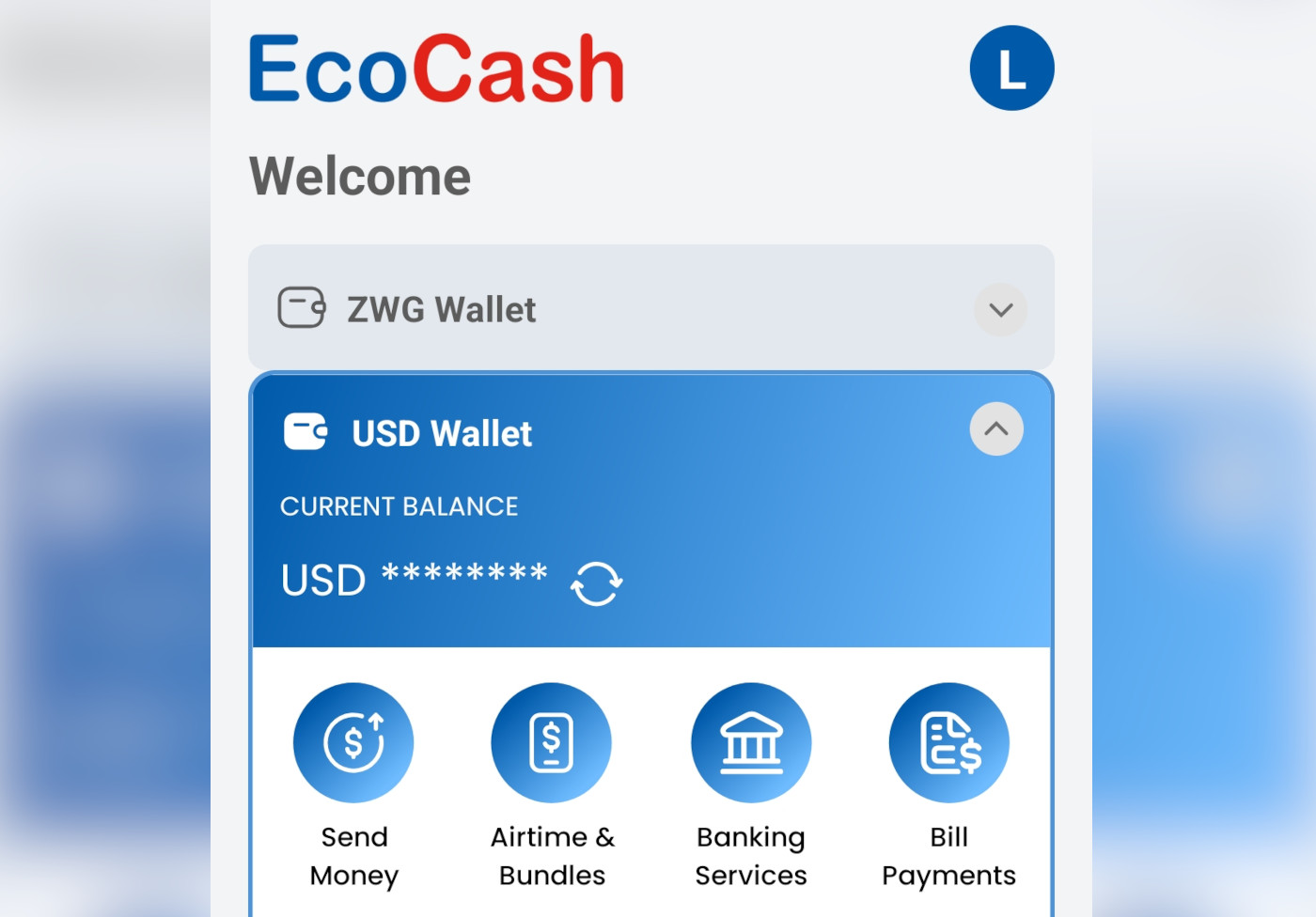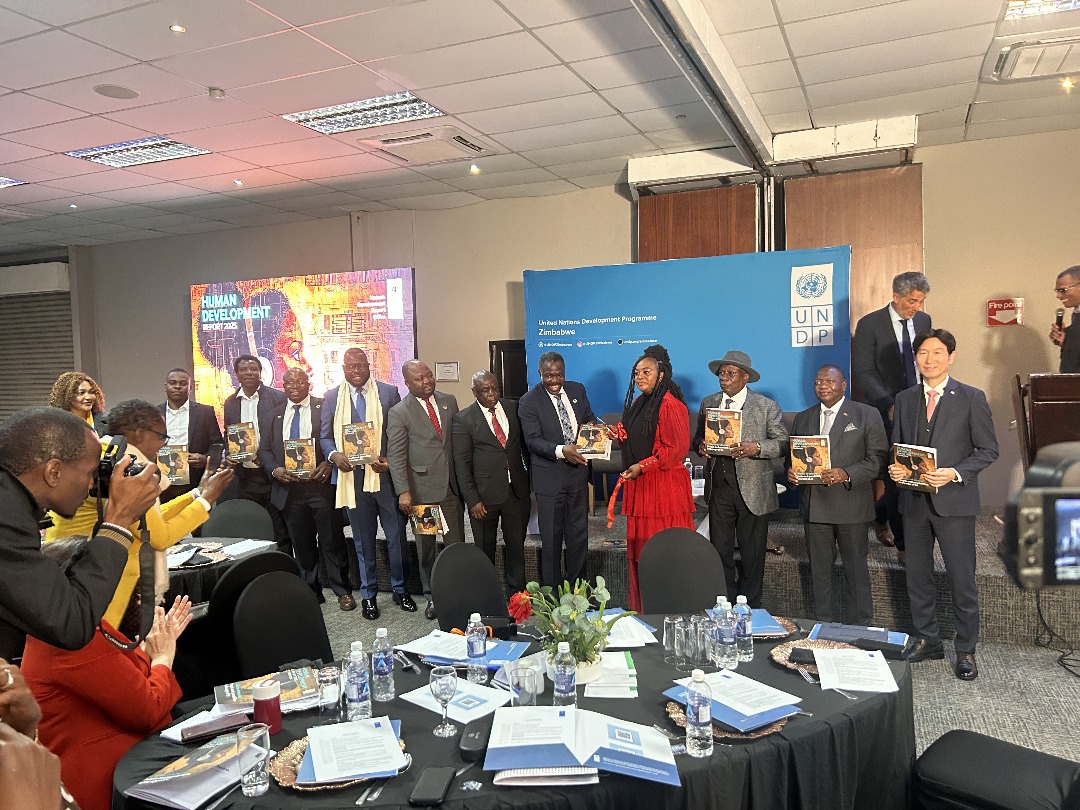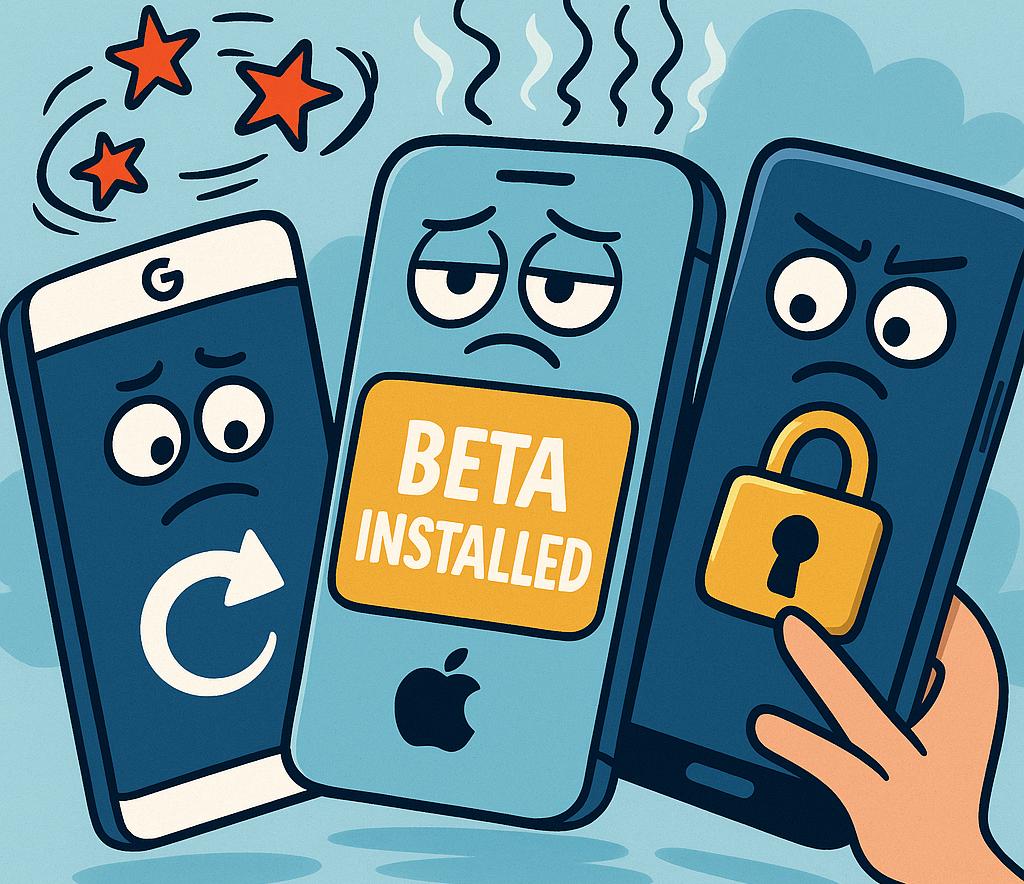Some two weeks ago, a friend, Tawanda Moyo, wrote an article breaking down a user experience flaw in the EcoCash app (it’s a great read especially from a technology and design point of view):
An excerpt:
To check their balance, app users must typically:
– Click a button in front of the hidden balance
– Incur a fee for requesting this information
– View the balance (and also get an SMS)
The button to check the balance does not have any confirmation of whether you want to check the balance, nor does it tell you that you will be charged. In fact one way that users notice that they are being charged is that if they keep clicking the button, the balance keeps decreasing.
In summary, the EcoCash app silently deducts money from your account every time you click the balance refresh button. 13 cents a click.
In addition, right now when you check the balance in the app, you don’t get an SMS notification of your balance (Econet explains below this “anomally” is the result of an attempt to fix things)
The interesting thing for me was that when I read the article, I wasn’t surprised at all. It was more disappointment in myself. I use the EcoCash app a lot. At the back of my mind I sort of knew this was happening. I just didn’t bother to verify it.
In fact, when we reviewed the then new EcoCash app last year, we missed this crucial UI flaw. Luckily, the Techzim community came through in the comments:
“Note that every time you check your balance, that costs you 10cents! Even if you’re in the same session! That’s cheeky”
“Got charged 10c for checking my balance via the app and the balance disappears everytime so you have to recheck which is not cool”
It’s a year since and it’s 13 cents now.
Look, I get it, charging for balance checks isn’t new in Zimbabwe. Banks do it, mobile money does it, and we’ve all just accepted it as part of life, like taxes and death. But mobile apps aren’t physical bank branches or USSD – technology allows for smarter, more efficient ways of doing things – like caching the balance on the device.
As Tawanda points out in his teardown, Innbucks — a direct competitor — does it the way you’d expect. Your last seen balance is cached, even if you eventually transacted elsewhere later (USSD, say). When you hit refresh, it pulls in the new balance from the servers, at no charge to the customer.

What EcoCash had to say
I reached out to Econet for their side. A change is coming, they say:
“We acknowledge that the EcoCash mobile app was not sending customers an SMS for balance inquiries due to an anomaly arising from changes we have been making to the application in the background ahead of the release of a new version of the app.
The position is that for all Ecocash transactions across all channels, we submit a transaction SMS notification to the customer, post a transaction, notifying the customer of the transaction amount and wallet balance.
We anticipate that customers will be able to access the changes to the app from May 6 2025 or earlier.
The changes will include the following, among other things:
1. Free balance inquiry services on the Ecocash mobile app
2. Exclusion of SMS transaction notification for balance inquiry since there is no charge to minimise costs associated with delivering the service on the app.”
So, the charges are going away — tomorrow, if all goes well. I’m glad EcoCash is fixing this. Like Tawanda said in his piece: “EcoCash isn’t just another mobile payment system — it’s financial infrastructure.“
But let’s talk about the bigger picture for a second.
Why is digital money in Zimbabwe so expensive?
You may be wondering why I’m fussing about 13 cents. Using electronic money in Zimbabwe is super expensive and frustrating, and a realisation we pay even more…
The fees Zimbabweans pay just to use digital money are wild. As Kuda Musasiwa put it in this tweet a few days ago:
Admittedly (charging for button clicks aside) it’s actually not the fintech companies profiteering as most of us would like to believe (they all charge about the same), a big chunk of what we’re paying goes straight to the government (and the flashy tenderpreneurs) as taxes.
If the government is already doing its best to make my life miserable, the plan, for innovative companies, should be about alleviating the pain, and not piling on more of it.













Comments
13 responses
Has econet resolved the google verification codes issues, i bought a new phone can’t login my account because the sms codes are facing errors.Now everything is in my google account, Drive etc
I faced the same issue days ago. Luckily I was logged in on another device. One solution is to add a NetOne line, disable the 2FA, use a strong password and you’re good to go. If you lose access to your account unogona kupinda pama1.
Same with me, it’s now Three weeks trying to log in but to no avail. I’m stuck, my contacts, my email, my documents I’m locked out
Don’t even ask me about my experience. I tried sending money to the diaspora but unfortunately the person I was sending the money to did not receive their money and I did not get a message of the transaction failing yet my money was taken out of my account.
Since my money has been gone, I have called, visited their offices yet everyday it’s you will get a reply in 48hrs then 72hrs…..I am so stressed and heartbroken. Since Friday I haven’t gotten my money back nor a satisfying reply
Right now Ecocash Mobile App is still charging 0.13 cents if you hit the refresh button
True nothing has changed
Ecothieves
We are being sucked dry 😭😭….and their charges are so unreasonable…. it’s worse with the banks
The whole banking and taxation system is an ugly predatory system designed to suck as much as they can get before the source is dry – SHORT TERM LAZY UNCARING THINKING!
Haaaaaa. They said they’ll update the ecocash app on the 6 of May or earlier. As of today. It was last updated on the Playstore on the 4th of November 2024. Zimbabwe. Ayaaaaas
On another note, other banks and mobile money platforms don’t charge you for transactions below $5 as per monetary policy. Ecocash still charges you for sending money less than $5. Is there a special exemption for them?
I was shocked with the ecocash app charging me for checking the usd to zig exchange rate on the Bureau
Haa ecocash are just stealing from us. They are very unethical. The problem is they don’t have serious competition in the telecoms industry hence they are abusing that advantage.